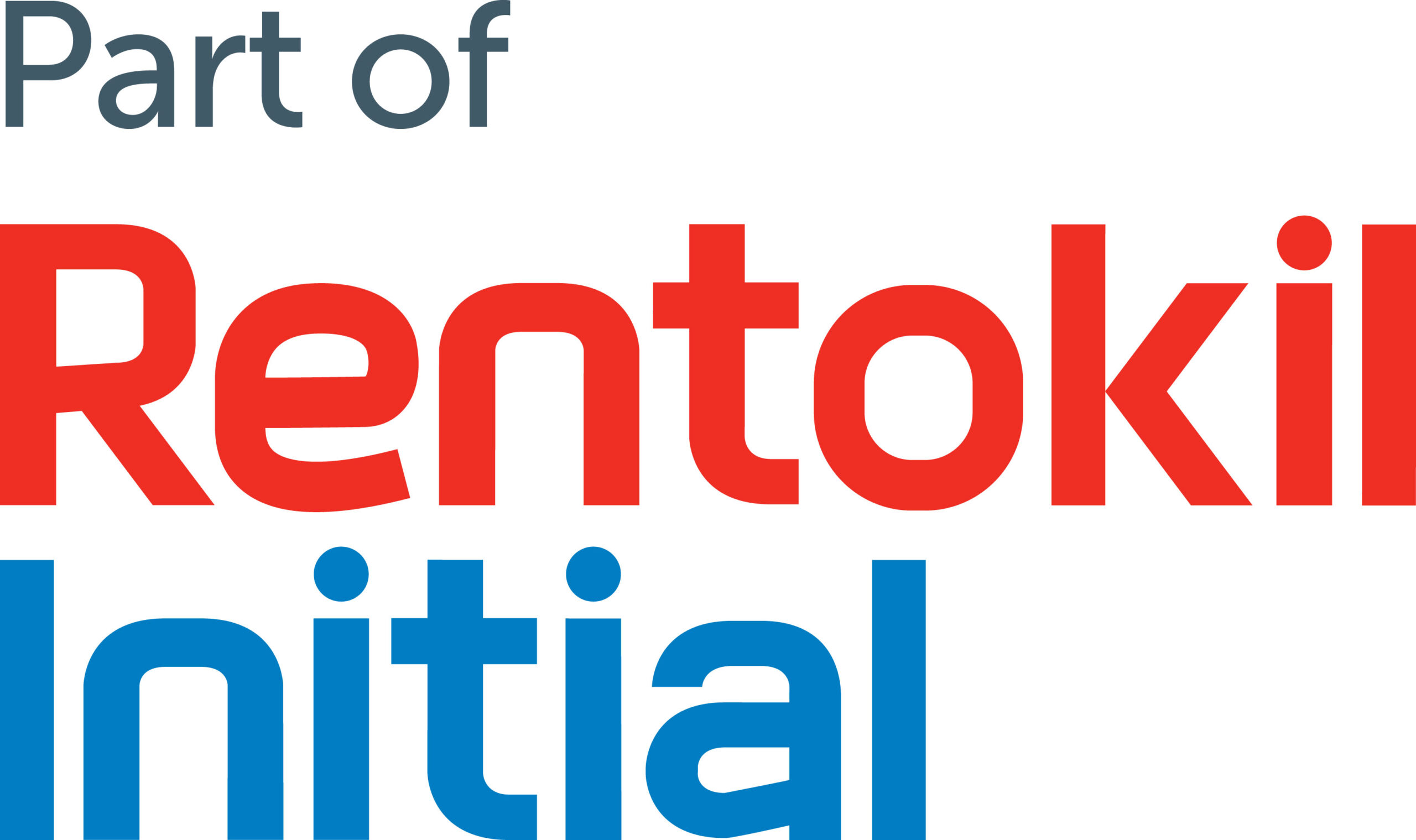
Inferior air quality can have a multitude of effects on your health including irritation of the eyes, nose, and throat, headaches, dizziness, respiratory diseases and so much more. According to a recent worldwide Attitudinal Hygiene Survey by Initial, a division of Rentokil Initial SA, which included South Africa, nearly 90% of South Africans rated the quality of indoor air as important to their health.

“The pandemic has changed us forever. Not only has the quality of air become extremely important, but surface and hand hygiene remain a critical factor for a healthy lifestyle,” says Dumisani Simelane, Sales and Marketing Director for Rentokil Initial Sub-Saharan Africa. “To find out if the pandemic transformed the public’s attitude to cleanliness in any way and if businesses are increasingly supporting the rising expectations to protect their employees, we carried out one of the largest global hygiene surveys.”
The Rentokil Initial Attitudinal Hygiene Survey, comprising of twenty questions was conducted across twenty countries and generated over twenty thousand responses. The report explores the expectations around hygiene and its effect on people’s wellbeing as a result of the pandemic. According to Simelane, the whitepaper also tackles how businesses can meet the growing demand for hygiene solutions and asks whether they can do more to safeguard their staff and customers.
Generally, 79% of the global respondent’s rate indoor air quality as important to their health when visiting a public venue. Depending on the region this number changes and what is positive in South Africa is that nearly 90% value safe and clean indoor air. What is interesting to note, is that in the UK, the same survey found that only 75% of people surveyed would rate indoor air quality as important to their health.
Hand and surface hygiene came through strongly and is evident with 74% of respondents globally now more concerned that other peoples’ poor hand hygiene could put their health at risk than before the pandemic and especially survey respondents in South Africa and Kenya where over 9 in 10 people agreed, Brazil (88%) India (82%) and China (80%). Similar feelings were expressed by over 7 in 10 respondents in countries such as the UK, North America and Australia.
The whitepaper can be accessed here.
“While it took a pandemic to highlight the importance of hygiene, there is now a united global feeling towards one of the most important yet often disregarded components of everyday life,” concludes Simelane. “What the report has shown us that there is an undeniable hunger for increased levels of hygiene not only by individuals but from a business perspective too.”
For more information on Initial, visit https://www.initial.co.za/
Please follow Initial on:
https://www.linkedin.com/company/initial-south-africa/
https://www.facebook.com/InitialHygieneSA
- Provantage and T+W Launch Ant Lion –A Full Service Digital Content Agency - 11th April 2024
- Tomorrow’s Commerce 2024 Report - 1st April 2024
- MRF’s latest MAPS consumer behaviour data is available - 19th March 2024





